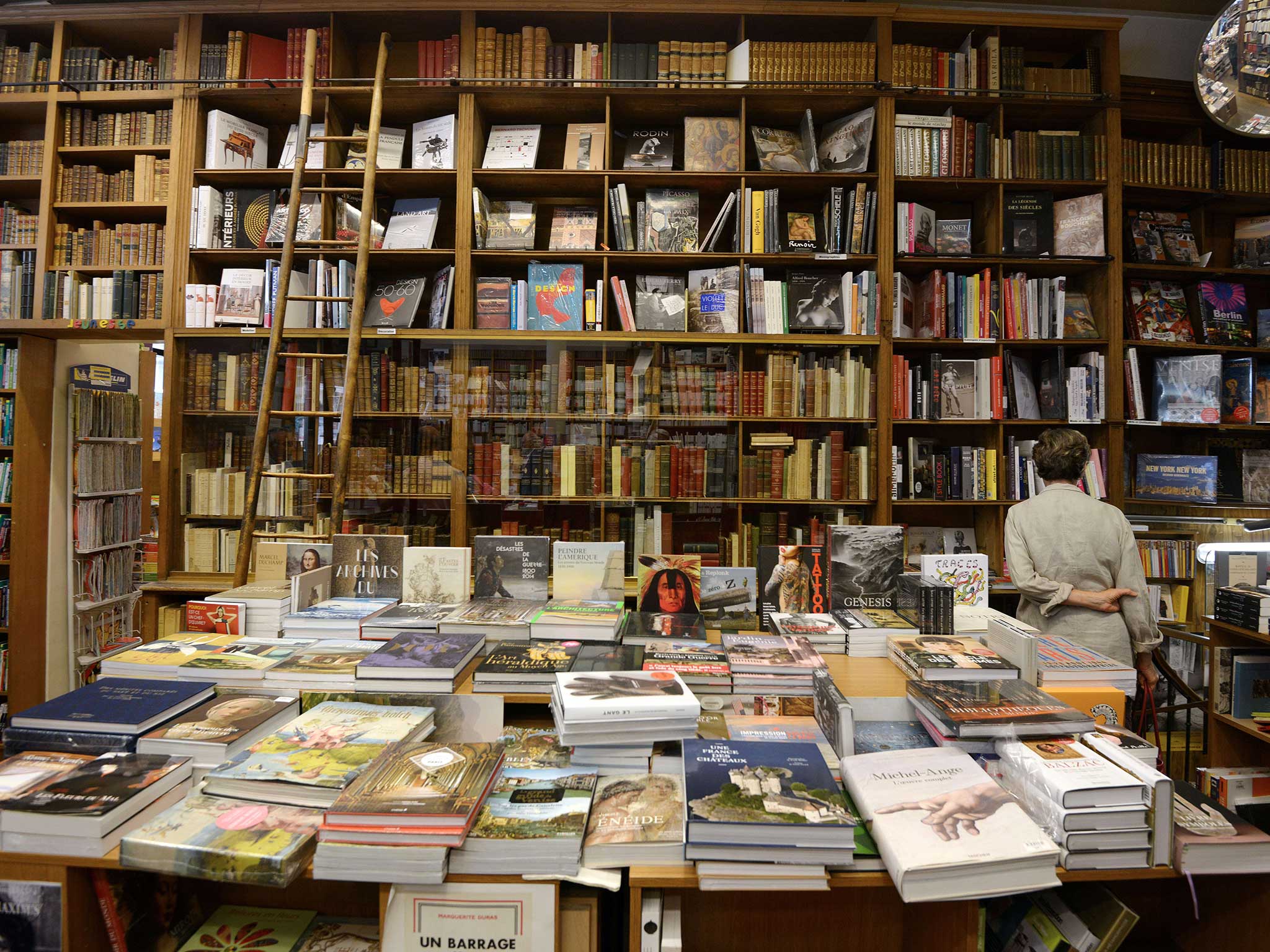Nature Studies: Stuck for present ideas? You could start with this year’s best nature writing

Your support helps us to tell the story
From reproductive rights to climate change to Big Tech, The Independent is on the ground when the story is developing. Whether it's investigating the financials of Elon Musk's pro-Trump PAC or producing our latest documentary, 'The A Word', which shines a light on the American women fighting for reproductive rights, we know how important it is to parse out the facts from the messaging.
At such a critical moment in US history, we need reporters on the ground. Your donation allows us to keep sending journalists to speak to both sides of the story.
The Independent is trusted by Americans across the entire political spectrum. And unlike many other quality news outlets, we choose not to lock Americans out of our reporting and analysis with paywalls. We believe quality journalism should be available to everyone, paid for by those who can afford it.
Your support makes all the difference.Here’s something that may point you towards a few late Christmas presents: my best environment books of 2015. Environmental literature is a flourishing genre and, in particular, the tide of New Nature Writing – books of all sorts about the natural world – has become a flood in 2015, with dozens of titles published, many of a tremendously high standard.
I’ve enjoyed quite a few, but because space is limited, I am just going to focus on half a dozen which have given me particular pleasure, and not in any order of merit. One aspect of this literary trend is inescapable: the number of titles being published by Bloomsbury (five out of my six choices, in fact). The publishing house which made its fortune with JK Rowling’s Harry Potter series seems to have found another golden goose with the birds and the bees; and those are precisely the subjects of my first two choices.
Cuckoo by Nick Davies (Bloomsbury, £16.99) is subtitled “Cheating by Nature” and is a riveting account of how the creature of the title outwits other birds to lay its eggs in their nests, even while the “host” species are trying to evolve defensive strategems. One of nature’s most remarkable stories, complex but unravelled with perfect clarity.
My second choice is a technical guide: The Field Guide to the Bees of Great Britain and Ireland by Steven Falk, and illustrated by Richard Lewington (British Wildlife Field Guides, published by Bloomsbury, £29.75). You may know honey bees, and our 25-odd species of bumble bee – but we have 275 bee species altogether, most of them solitary creatures, and here they are, all the forgotten ones such as the shiny-gastered furrow bee, in marvellous detail.
My third choice is also about insects, but is much less technical: it is Peter Marren’s Rainbow Dust (Square Peg, £14.99). Subtitled “Three Centuries of Delight in British Butterflies”, this is a cultural history of our loveliest lepidoptera, telling among much else how the red admiral, the purple emperor and their fellows came by their English names (they didn’t have names in Shakespeare’s day, although many flowers and birds did). Scholarly and fascinating.
I also want to mention a polemic, a book of angry argument – Inglorious, by Mark Avery (Bloomsbury, £16.99). The subtitle here is “Conflict in the Uplands” and it refers to the author’s contention that grouse shooting, as an organised activity, is systematically breaking the law by killing hen harriers, rare and protected birds of prey which sometimes take grouse chicks. It is well-documented and impeccably logical; I find it convincing.
Next I want to move to imaginative writing, with a very moving memoir. The Fish Ladder by Katharine Norbury (Bloomsbury, £16.99) is the story of a woman trying to regain her inner peace after a miscarriage by following a remote river to its source. Its lyrical narrative style, never overblown, sets it apart.
And lastly I want to single out a novel, At Hawthorn Time by Melissa Harrison (Bloomsbury, £16.99). This is an account of rural life, but a realistic one, a novel of our modern countryside of incomers and misfits, with a terrific ending, built into the start, which snaps shut like a gin trap at the finish. A gripping story which lingers in the mind.
I would briefly mention four more of 2015’s distinguished titles: The Cabaret of Plants by Richard Mabey (Profile Books, £20); Landmarks by Robert Macfarlane (Hamish Hamilton, £20); Field Notes from the Edge by Paul Evans (Rider, £14.99) and Common Ground by Rob Cowen (Hutchinson, £16.99). Wish there was space to say more; but take it from me, they’re all terrific.
Join our commenting forum
Join thought-provoking conversations, follow other Independent readers and see their replies
Comments